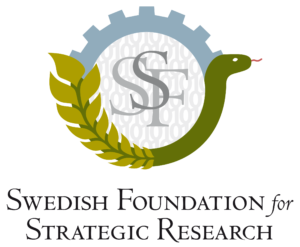Using SciLifeLab Serve in teaching
While it is not the primary purpose of SciLifeLab Serve the functionality that we have can be useful in workshops, seminars, courses, and other training events where students need to perform hands-on tasks in computational environments. Specifically, using the SciLifeLab Serve participants in training events can get access to individual instances of browser-based notebooks: JupyterLab, RStudio, or VS Code. In addition, they can launch a custom Docker image prepared by the instructors beforehand. This negates the need for instructors to spend time ensuring that the software and dependencies needed to complete tasks are correctly installed on each machine. This will both save time and help to ensure the course/workshop can run smoothly.
You can use the form below to submit a teaching request. Please read our user guide page on using SciLifeLab Serve for teaching before submitting the form below.


